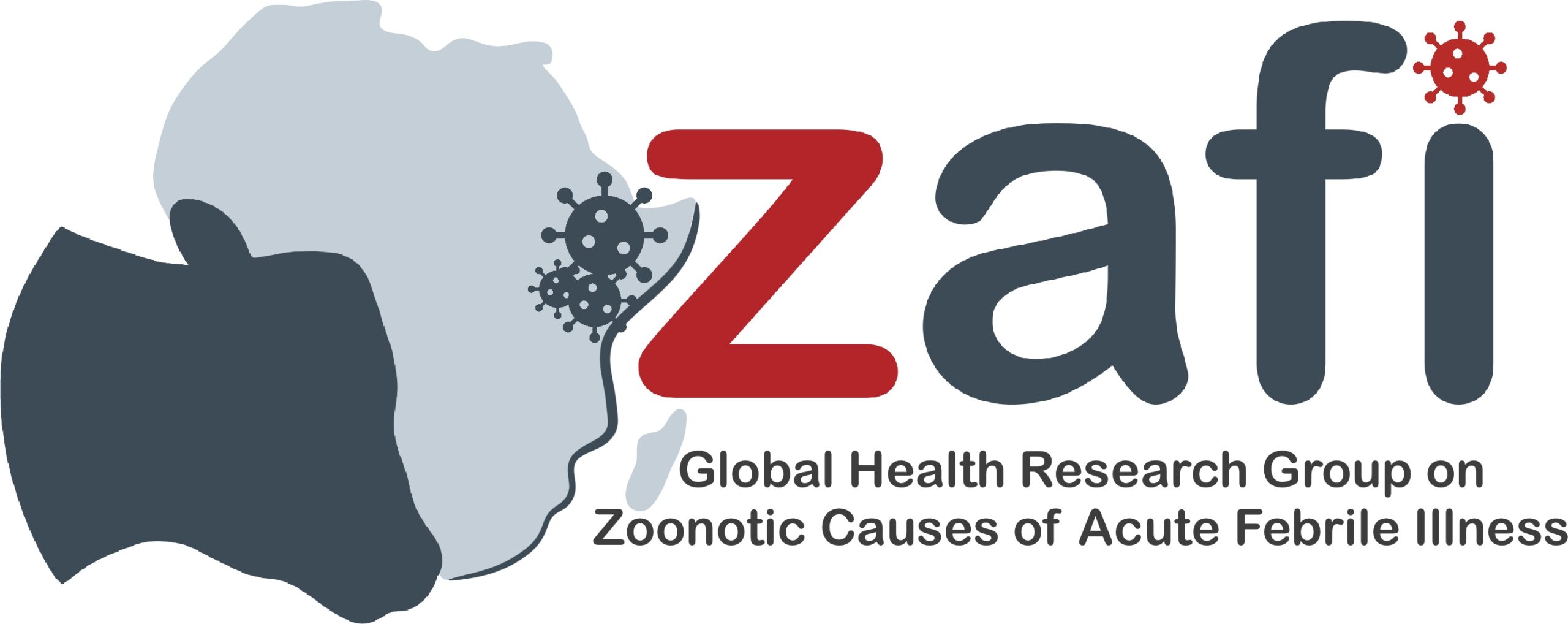Who We Are
The “ZAFI: Zoonotic Causes of Acute Febrile Illness” team unites experts in paediatrics, epidemiology, microbiology, social science, diagnostics development, infectious diseases and zoonoses/arboviral research
ZAFI team brings together experts from multidisciplinary fields
Our team brings together researchers from the UK (University of Liverpool and Liverpool School of Tropical Medicine); Uganda (Kabale University and Makerere University); Kenya (University of Nairobi and International Livestock Research Institute (ILRI)); and Ethiopia (Addis Ababa University and ILRI).
Lead Investigators
 Professor Siobhan Mor
Professor Siobhan Mor
BSc (hons), MSc, PhD
Professor, Institute of Infection, Veterinary & Ecological Sciences (IVES), University of Liverpool
Professor Mor is an epidemiologist with expertise in veterinary medicine, public health, and One Health. She leads the ZAFI project, improving fever diagnosis in sub-Saharan Africa. She holds a joint appointment with ILRI and has led global health initiatives, including RESPOND, HORN, HEAL, and COHESA, focusing on capacity building and One Health solutions.
Work Package Leads
 Professor Eric Fèvre
Professor Eric Fèvre
Bsc (Hons), MSc, PhD
Professor, Institute of Infection, Veterinary & Ecological Sciences (IVES), University of Liverpool
Professor Fèvre is based in Kenya where he has supported the implementation of One Health at a national level for many years. He is a member of Kenya’s National One Health Unit’s Technical Advisory Committee, through which he has been involved in helping draft the National One Health Action Plans and specific One Health policies. He is engaged as a co-Principal Investigator in the Capacitating One Health in Eastern and Southern Africa (COHESA) project through his affiliation with the International Livestock Research Institute (ILRI). He is a member of the Lancet Commission on One Health.
Research Team
Content goes here
Fieldwork team
Content goes here
Advisory Team
Content goes here


